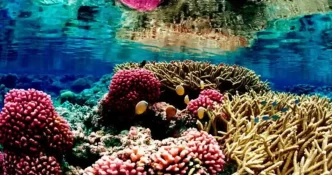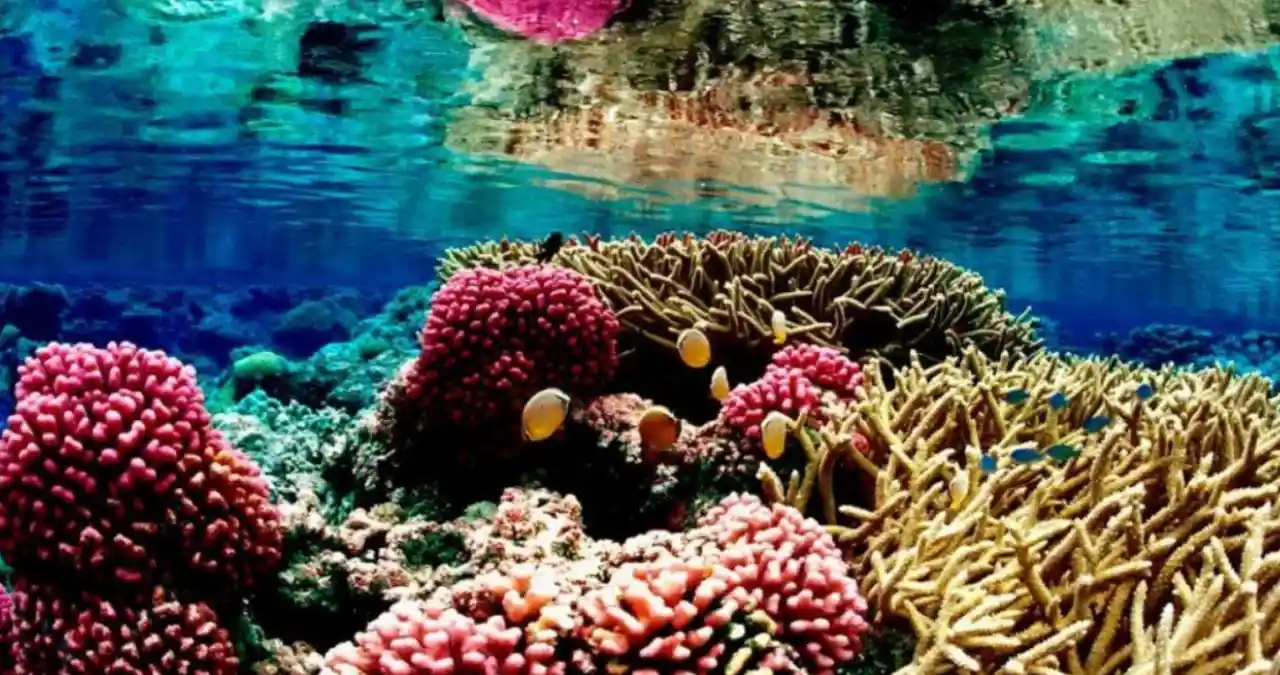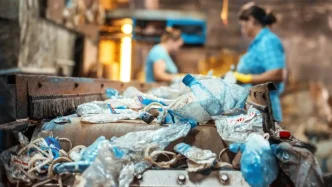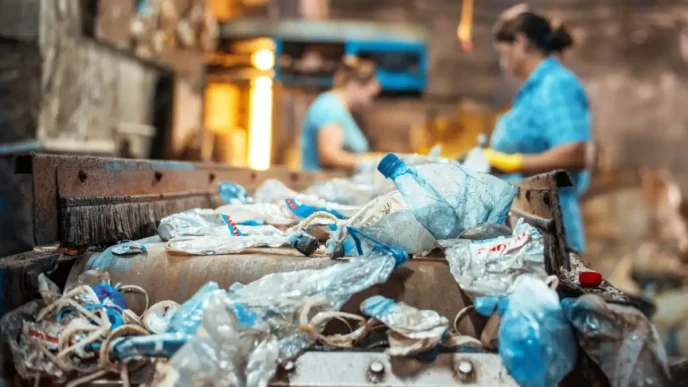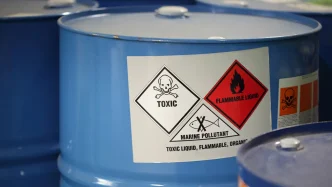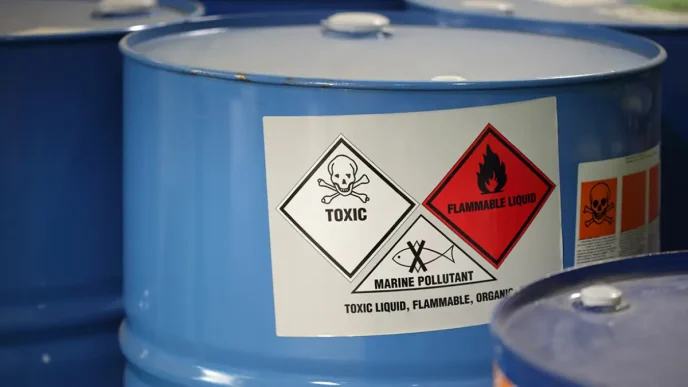A groundbreaking international study has positioned the Philippines at the heart of global marine biodiversity, identifying the West Philippine Sea (WPS) and Benham Bank in the Philippine Rise as among the richest and most diverse regions for soft corals in the world. Published in May 2025 in Nature Scientific Reports, the research underscores the critical ecological role of these waters, while amplifying calls for their protection amid mounting environmental and geopolitical pressures.
Unveiling a Hidden Marine Treasure
The study, titled Biodiversity and Biogeography of Zooxanthellate Soft Corals Across the Indo-Pacific, represents a monumental effort involving over 4,400 samples from more than 40 countries. Using DNA barcoding, researchers mapped the distribution and diversity of zooxanthellate soft corals—organisms that form symbiotic relationships with algae to harness energy. Unlike hard corals, which build rigid reef skeletons, soft corals contribute to reef complexity, offering shelter to marine life and serving as indicators of environmental health.
Filipino scientists from the University of the Philippines Marine Science Institute (UP MSI) played a pivotal role, collecting all samples from Philippine waters between 2019 and 2021. Their findings confirmed long-held suspicions among local marine biologists: the WPS and Benham Bank, located off the eastern coast of Luzon, host an extraordinary array of soft coral species, many of which may be unique to the region. “The Philippines, including the West Philippine Sea and Benham Bank, is part of one of the centers of zooxanthellate soft coral diversity” said Dr. Jue Lalas, a co-author of the study and a former research associate at UP MSI.
The research highlights the Philippines as a key component of the Coral Triangle, often described as the “Amazon of the seas” for its unparalleled marine biodiversity. Alongside the Western Indian Ocean and the Northeastern Australian Shelf, the WPS and Benham Bank stand out as simultaneous hubs of species richness and endemism—meaning many species found here exist nowhere else on Earth.
A Research Gap Finally Closing
Despite their ecological significance, soft corals have historically been overshadowed by their hard coral counterparts in marine research. “There are just very few papers on soft corals in the Philippines, despite them being obviously dominant components of Philippine coral reefs” said Dr. Lalas, pointing to the limited number of researchers dedicated to these organisms. This gap has left much of their diversity undocumented, particularly in less-explored Philippine waters.
Under the leadership of Dr. Maria Vanessa Baria-Rodriguez, the second Filipino co-author, UP MSI’s IMBiBE (Interactions of Marine Bionts and Benthic Ecosystems) Laboratory has been working to address this shortfall. Since 2019, the team has collaborated with global experts like Dr. Yehuda Benayahu, a leading authority on soft coral taxonomy, to build local capacity. Their efforts have included training programs and publications that expand knowledge of soft coral distribution and ecology across the archipelago.
The study’s findings suggest that the true extent of soft coral diversity in the Philippines remains underestimated. Limited sampling in certain areas, combined with the slow-evolving genes used in DNA barcoding, indicates that many species await discovery. “If you look at the study more closely, and the literature on Philippine soft corals, we have yet to explore their diversity in most of the Philippine seas” said Dr. Lalas, framing this as an opportunity for future research.
Ecological Importance and Resilience
Soft corals play a vital role in reef ecosystems beyond their aesthetic appeal to divers. They add structural complexity to reefs, providing habitats for fish and other marine organisms. Some species also produce chemical compounds with potential medicinal applications. Perhaps most crucially, soft corals may offer insights into reef resilience amid climate change. Research, including studies by Filipino scientists, has observed a shift toward soft coral dominance in degraded or disturbed reefs across the Indo-Pacific.
“In some disturbed sites, studies have reported a shift to the dominance of soft corals. They have been generally reported to have high resilience to disturbances. However, soft corals may also eventually be subjected to mortality if stressors persist” said Dr. Lalas. He emphasized their value as indicators of environmental change, noting that ongoing research continues to illuminate their ecological roles in the face of global and local challenges.
Geopolitical and Environmental Threats
The study’s release comes at a time of heightened concern over the future of Philippine waters, particularly in the West Philippine Sea. This region, part of the South China Sea, is subject to overlapping territorial claims, with China’s activities—ranging from artificial island construction to alleged illegal fishing—drawing international scrutiny. Environmentalists and local advocates warn that such actions, alongside deep-sea mining prospects and climate-induced stressors like coral bleaching, pose significant risks to marine ecosystems.
Benham Bank, located within the Philippine Rise Marine Resource Reserve—one of the country’s largest offshore protected areas—is not immune to these pressures. While its remote location offers some natural protection, potential resource exploration and climate impacts remain looming threats. The study’s findings add weight to calls for stronger conservation measures in both regions, highlighting their global significance as biodiversity hotspots.
A Call for Collaboration and Protection
For Dr. Lalas and his colleagues, the research marks a milestone in fostering collaboration between Filipino scientists and the international community. It also underscores the Philippines’ role as a steward of marine biodiversity, with areas like the WPS and Benham Bank deserving of heightened protection. “This represents an opportunity for coral reef scientists in different parts of the country” said Dr. Lalas, advocating for expanded research and conservation efforts.
The implications of the study extend beyond academia. With Philippine waters already recognized as a cornerstone of the Coral Triangle, safeguarding these ecosystems could yield benefits ranging from sustainable fisheries to ecotourism. Yet, achieving this requires navigating complex geopolitical dynamics and securing resources for long-term monitoring and enforcement of protected areas.
Looking Ahead
As scientists continue to uncover the hidden diversity of soft corals in Philippine waters, the urgency to protect these ecosystems grows. The West Philippine Sea and Benham Bank are not just national treasures but global assets, integral to the health of the world’s oceans. Whether through international cooperation or local advocacy, the path forward remains uncertain—but the stakes could not be clearer.

